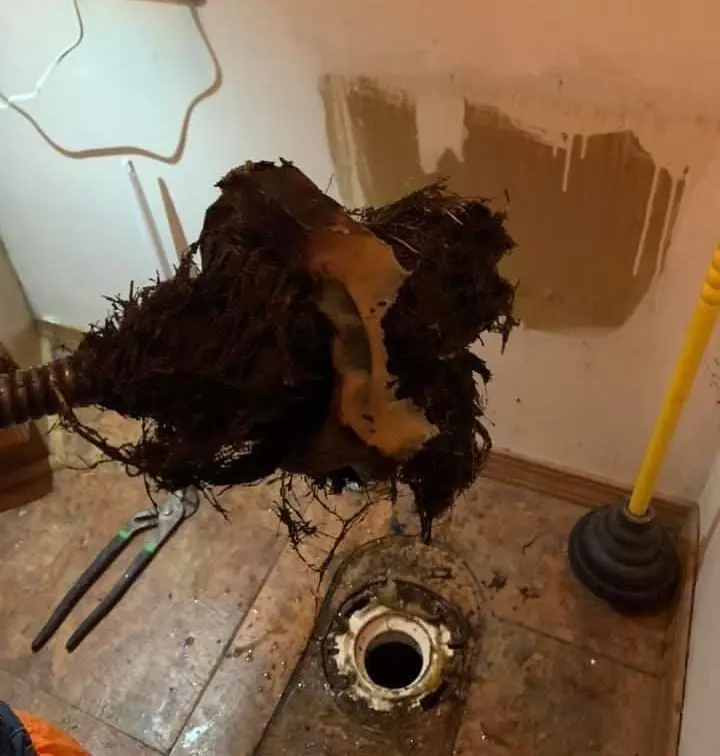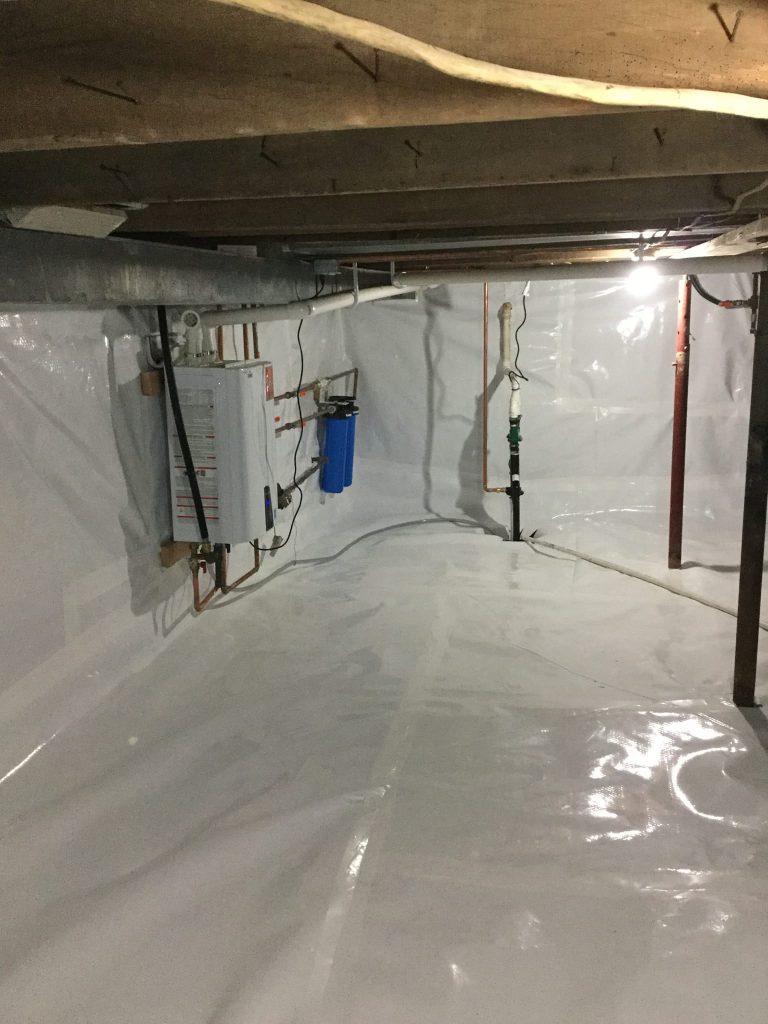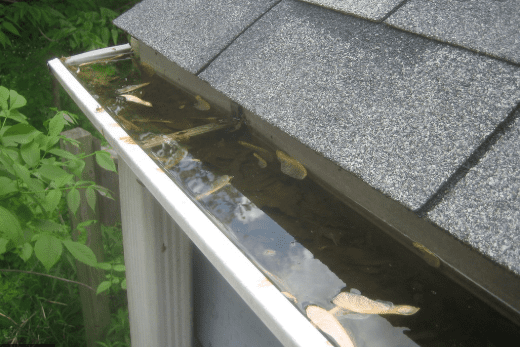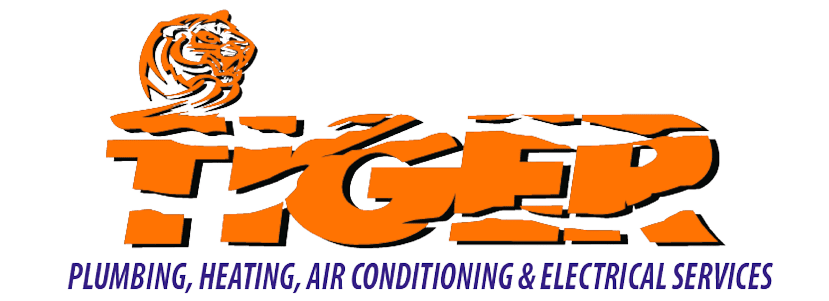How to Prevent Spring Plumbing Problems
Plumbing problems can begin to arise as winter turns into spring. The change of weather opens your eyes to factors that could not happen or were not easily noticeable in the winter. Frozen pipes can begin to thaw, causing undetected leaks. Tree roots can begin to grow again and potentially infiltrate your pipes, leading to bursts and other issues.
So, as the season changes, it’s important to learn how to avoid plumbing problems. Whether you’re worried that your pipes will burst or that your basement may flood, taking plumbing problem prevention seriously will keep your home safe and your plumbing system reliable all season long.

How to Prevent Plumbing Problems
Don’t be caught off-guard when plumbing problems start to arise come the spring season. Be prepared with these tips to prevent plumbing problems. Common plumbing problems include:
Blocked Pipes
In spring, the growth of new tree roots poses a threat to pipes, potentially causing damage or blockages that result in frustrating clogs. If the tree roots get too out of control, they, along with debris from the roots, can cause the water to build up, causing the main water lines to burst.
For an effective solution, consult with a professional plumber to assess the extent of root intrusion and determine the best course of action. In some cases, strategic tree removal or relocation may be recommended. Additionally, implementing root barriers or choosing root-resistant plants can help safeguard your pipes and prevent future blockages caused by invasive root systems.
Burst Pipes
Winter’s freeze can lead to unnoticed pipe damage, manifesting as leaks when the spring thaw begins. These leaks can range from minor to severe, impacting water supply pressure. If these issues aren’t promptly addressed, you may need to replace your piping, which can cost a lot of money and take a long time.
To address the risk of burst pipes, focus on comprehensive insulation measures for your plumbing system. This includes insulating pipes in vulnerable areas, such as attics and crawl spaces, to minimize exposure to freezing temperatures. Regularly inspect and maintain insulation to ensure its effectiveness, reducing the likelihood of costly issues.
Flooding

Spring flooding can occur due to frozen ground preventing water absorption, leading to accumulation during heavy rainfall. While you cannot control the weather, you can make sure that your home has safety measures in place to lower the risks of a flood and to remove any excess water.
Protect your home from flooding by maintaining a well-functioning sump pump. These devices are usually installed in your basement and remove water when it detects an unusual amount. Investing in one, especially if your home has been vulnerable to flooding in the past, can help you rest assured that there’s a proactive solution protecting your property.
Wet or Damp Crawl Spaces
With the warming weather, damp crawl spaces can result in serious home and health issues, including mold, structural damage, and compromised air quality. Not only is this issue a risk to your property, but it can also lead to various health risks.
Opt for crawl space encapsulation to mitigate the risks associated with damp crawl spaces. This process involves sealing the crawl space to prevent moisture intrusion, reducing the potential for mold growth and structural damage. Proper encapsulation ensures a healthier living environment and long-term protection against moisture-related issues.
Blocked Gutters

One of the most avoidable plumbing problems is blocked gutters. As snow melts, debris and leaves from the previous fall can accumulate in gutters, leading to overflows during spring rain.
Regularly clean gutters and clear debris from your yard to prevent blockages and overflows. Performing these maintenance tasks in the fall and after snowmelt ensures that your gutters function efficiently, reducing the likelihood of water accumulation and potential damage to your home’s foundation.
Damage to Buried Piping
Temperature fluctuations in spring can cause the ground to expand and contract, potentially resulting in damage to buried piping. Sudden pressure drops or sewage backups may indicate issues with buried pipes.
When facing damage to buried piping, seek professional assistance to assess the extent of the issue. Replacement of damaged sections by a qualified plumber is crucial to restoring functionality. For recurring problems, consider replacing the piping with materials designed to withstand the effects of temperature fluctuations, ensuring a more resilient and durable plumbing system.
Are you concerned about your plumbing system in the winter? Take a look at these tips for cold weather plumbing so you can be prepared for the low temperatures and the issues that come with that.
If you need further information on preventing plumbing problems, reach out to our professional plumbers from Tiger Services, LLC. Contact us today to schedule an appointment for plumbing services in Collinsville, Springfield, Bloomington, and Peoria, Illinois.
Financing
Options
Winning Team





















